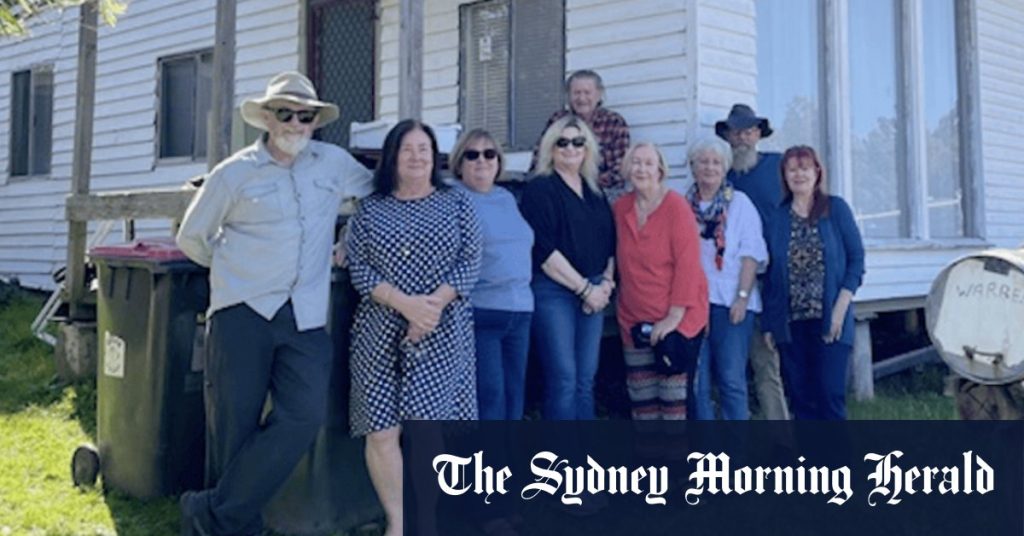In a recent court case, Joey Warren was able to keep his family home in Catherine Hill Bay, NSW, as a “protected tenant” under since-repealed legislation from 1948. Despite not having a written lease, Warren’s family had rented the cottage since the 1890s, paying rent to the coal company. The Fair Rents Board, which has not been a separate body since 1987, had to determine a fair rent for Warren’s home. The magistrate ultimately fixed the fair rent at $50 a month, based on the capital value of the property in August 1939.
Protected tenants in NSW, such as Warren, have been living in their homes since before a cut-off date of January 1, 1986. The old legislation retained wartime rent control measures, limiting grounds for eviction and calculating fair rent based on the property’s value in 1939. While the 1948 law is no longer in effect, the 2018 repeal kept provisions to protect the remaining protected tenants. The number of protected tenancies in NSW is low, with only around 570 tenants identified in a register from 1989.
Historically, rent control laws were more prevalent in Australia, with rent regulation applying to a significant portion of the rental market in the 1940s. However, overtime, these regulations have been phased out and protections for tenants have evolved. Today, around 31% of households in Australia rent their homes, according to the Australian Bureau of Statistics. The protection of long-term tenants like Warren, who have deep roots in their communities, is seen as important by tenant advocacy groups such as the Tenants Union of NSW.
Joey Warren’s case reflects broader debates around the protection of tenants and the issue of security of tenure in the rental market. The NSW government has committed to ending no grounds evictions on fixed and periodic leases. For individuals like Warren, who have multi-generational ties to their homes, the protections afforded by old legislation can be crucial. In Warren’s case, where the house has been in his family for over a century, the impact of being able to remain in the family home is significant.
Catherine Hill Bay, where Warren’s home is located, is a unique heritage township in NSW, with only two state-listed heritage townships in the state. The houses in Catherine Hill Bay are considered priceless, standing as a testament to the mining town’s history. Warren’s friend and co-president of the Catherine Hill Bay Progress Association, Sue Whyte, highlighted the historical significance of the homes in the community. The magistrate in Warren’s case referenced the importance of allowing Warren to enjoy the serenity of his home in his remaining years, drawing a parallel to the iconic Australian film, “The Castle”.
Overall, the case of Joey Warren and his family home in Catherine Hill Bay shines a light on the importance of protecting long-term tenants and preserving historical homes in unique heritage townships. The evolving landscape of rent control laws and the changing rental market in Australia underscore the ongoing discussions around tenant rights and security of tenure. Warren’s victory in retaining his family home demonstrates the significance of upholding protections for tenants with deep roots in their communities.


